Israel vs. Iran: On the Brink of Conflict in West Asia
In the volatile landscape of West Asia, tensions are simmering to a boiling point as Israel finalizes its target list for potential strikes against Iran. The Islamic Revolutionary Guard Corps (IRGC) of Iran has issued a stern warning, threatening to unleash a secret weapon more devastating than nuclear bombs. Amid these escalating tensions, the Biden Administration is urging its close ally, Israel, to exercise restraint and opt for a proportionate response. This article delves into the intricacies of the brewing conflict, analyzing strategic plans, political maneuvering, and potential repercussions.
The Strategic Calculations
As Israel remains tight-lipped about its specific plans, military insiders indicate that a comprehensive list of strategic sites within Iran has been identified as potential targets. Israeli Prime Minister Benjamin Netanyahu has reportedly assured U.S. President Joe Biden that any military response would be confined to military installations, avoiding civilian infrastructure. This assurance has reportedly swayed Washington’s decision to bolster Israel’s defenses with an advanced anti-ballistic missile system.
Both nations are clear about one thing: military actions are imminent and inevitable. Israel’s resolve is underscored by its firm stance on sovereignty and the protection of its citizens. “We have no intention of putting up with the violation of sovereignty and an attempt to harm Israeli citizens and infrastructure without responding,” stated an Israeli defense spokesperson. “The response will be precise, painful, and surprising.”
Iran’s Strategic Warning
Brigadier General Ibrahim Rostami of the IRGC has introduced a new level of anxiety into the conflict by suggesting that Iran possesses a secret weapon that surpasses the destructive power of nuclear bombs. This chilling revelation adds an unpredictable element to the already tense situation.
Among the potential targets for Iran’s retaliation is Israel’s Dimona nuclear facility located in the Negev Desert. While Israel has never publicly acknowledged its nuclear arsenal, it is widely believed to possess approximately 90 nuclear bombs. An attack on this facility could have catastrophic consequences, not only for Israel but for the entire region.
Military Capabilities and Readiness
Israel’s military prowess is well-documented, with long-range missiles and advanced fighter jets capable of delivering significant blows to Iranian targets. However, the logistical and tactical challenges of such an operation cannot be underestimated. Precision and timing are crucial, as any miscalculation could escalate the conflict beyond control.
On the other side, Iran has been fortifying its defenses and preparing for an imminent attack. General Rostami’s warning is a clear indication that Iran is ready to retaliate with long-range missiles aimed at critical Israeli installations. The strategic ambiguity surrounding Iran’s secret weapon only adds to the unpredictability of the potential conflict.
Political Maneuvering and International Reactions
The Biden Administration finds itself in a delicate position, balancing its support for Israel with the need to prevent a full-scale war in West Asia. Diplomatic efforts are underway to persuade Israel to opt for a proportionate response, with the hope of containing the conflict.
In the international arena, reactions are mixed. Allies of Israel, such as the United States and several European nations, have expressed support for Israel’s right to defend itself. However, there is also a palpable concern about the broader implications of a military conflict in such a volatile region.
The Path Forward
The question remains: how and when will Israel execute its attack? The timing and method of the strike are critical factors that could determine the extent of the conflict. As both nations brace for impact, the world watches with bated breath, aware that any misstep could ignite a larger regional war.
FAQ
Q: What is the current situation between Israel and Iran? A: Tensions are extremely high, with Israel finalizing its target list for potential strikes against Iran. The Iranian Revolutionary Guard Corps has issued a stern warning, threatening to unleash a secret weapon deadlier than nuclear bombs.
Q: Why is Israel planning to strike Iran? A: Israel is responding to perceived threats to its sovereignty and the safety of its citizens. The specific details of these threats have not been disclosed, but the Israeli government has indicated that any attack would focus on military installations.
Q: What is the U.S. position on this conflict? A: The Biden Administration is urging Israel to opt for a proportionate response to avoid escalating the conflict further. The U.S. has also provided Israel with an advanced anti-ballistic missile system for defense.
Q: What is Iran’s response to the potential Israeli strikes? A: Iran has warned of severe retaliation, including the use of a secret weapon that could surpass the destructive power of nuclear bombs. Potential targets for Iran’s retaliation include Israel’s Dimona nuclear facility.
Q: How might this conflict impact the broader region of West Asia? A: Any military action between Israel and Iran could have significant repercussions for the entire region, potentially leading to broader instability and conflict involving other nations.
Q: What are the international reactions to this conflict? A: International reactions are mixed, with some allies supporting Israel’s right to defend itself, while others express concern about the broader implications of a military conflict in the region.
Q: What is the significance of Israel’s Dimona nuclear facility? A: The Dimona nuclear facility is believed to be a key component of Israel’s nuclear capabilities. An attack on this facility could have catastrophic consequences, not only for Israel but for the entire region.
As the situation continues to unfold, the world watches closely, hoping for a resolution that avoids further bloodshed and instability. The stakes are high, and the potential for a significant conflict looms large over West Asia.
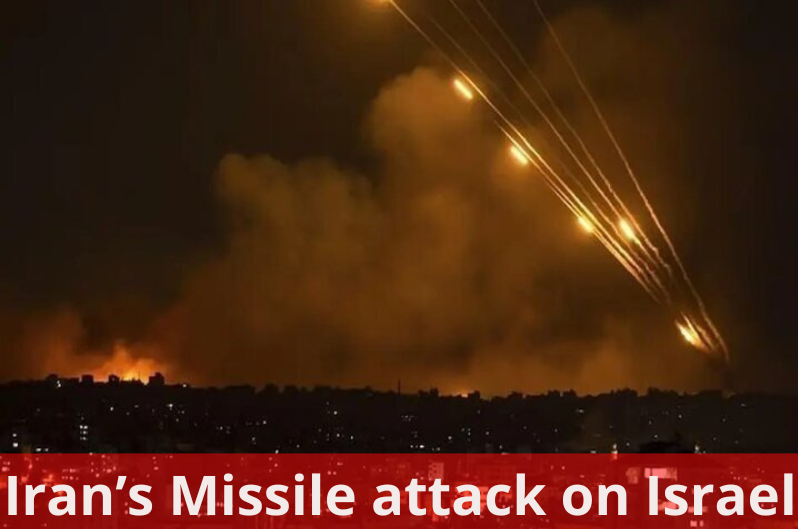
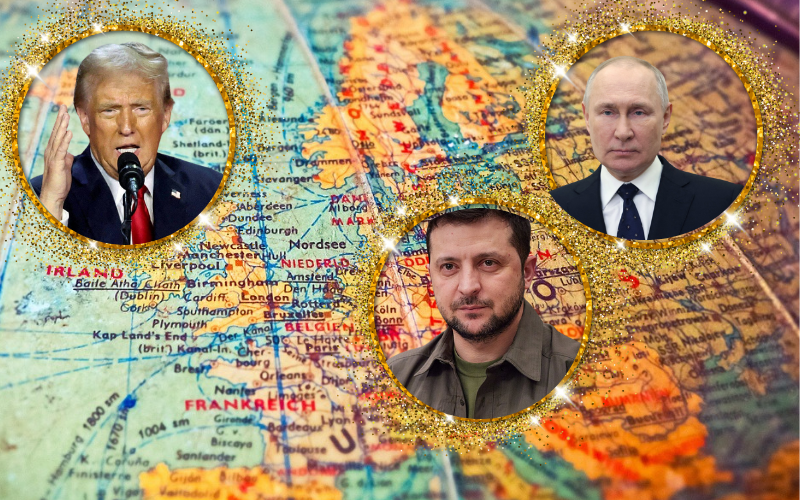

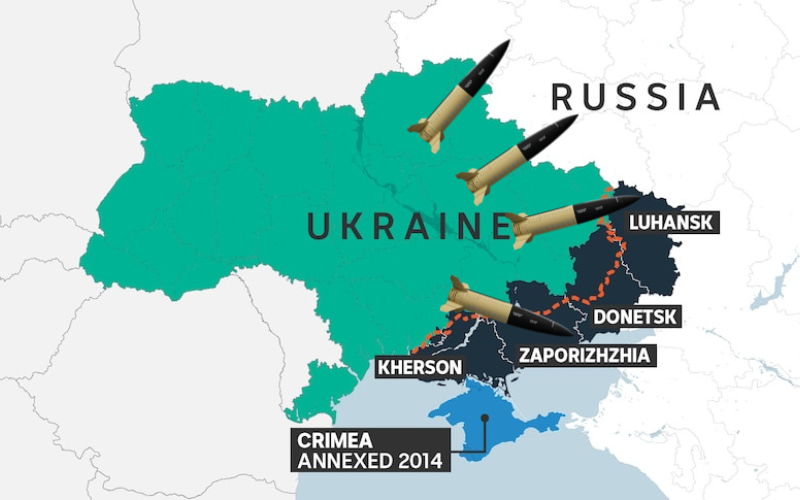
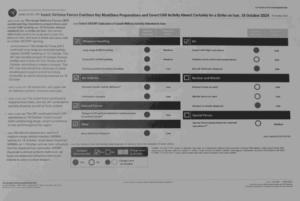
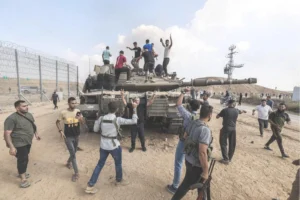

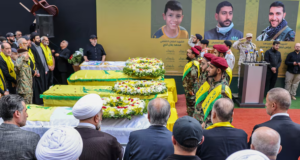
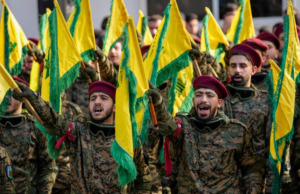

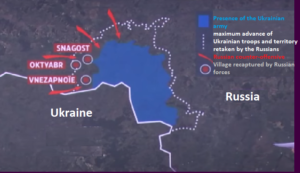



1 comment